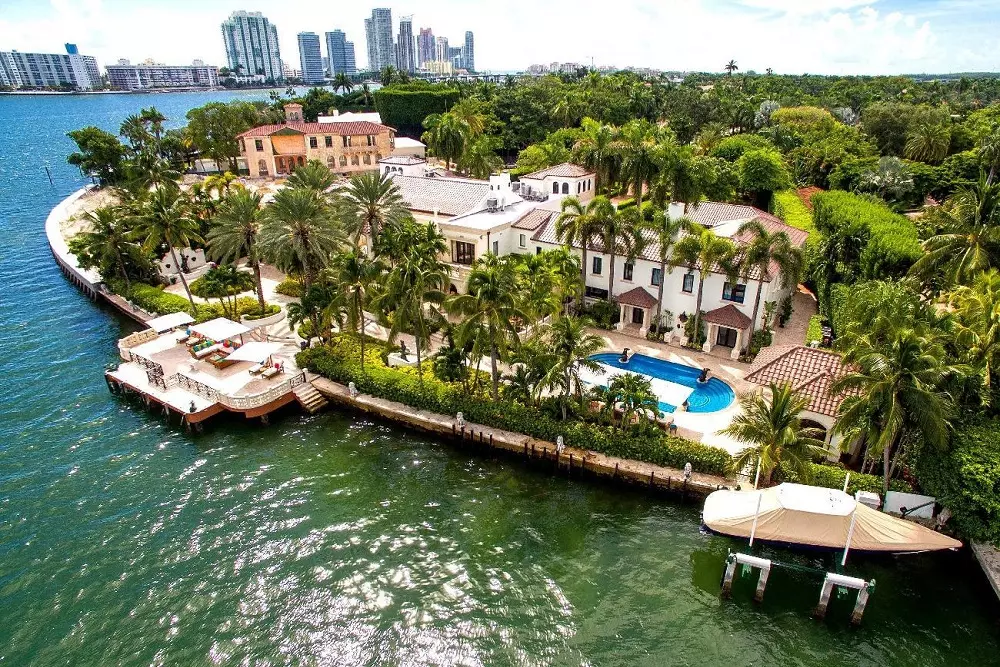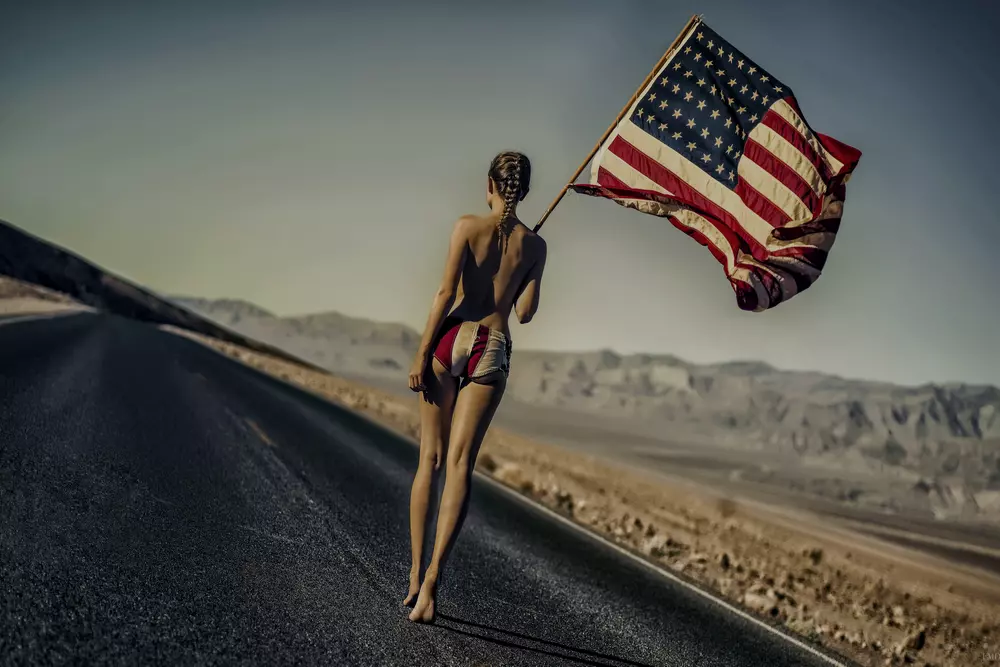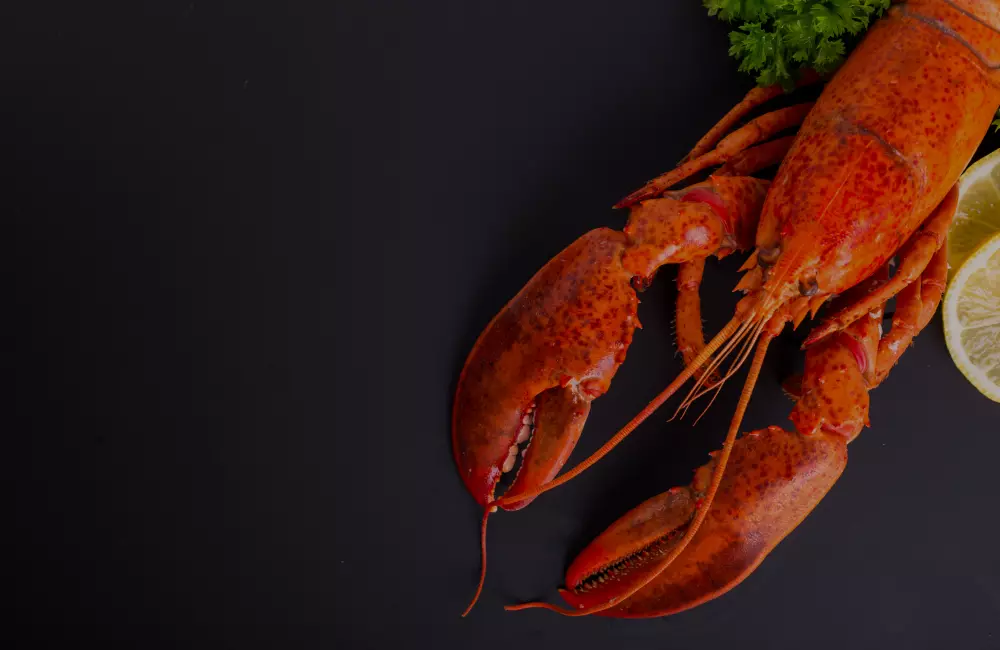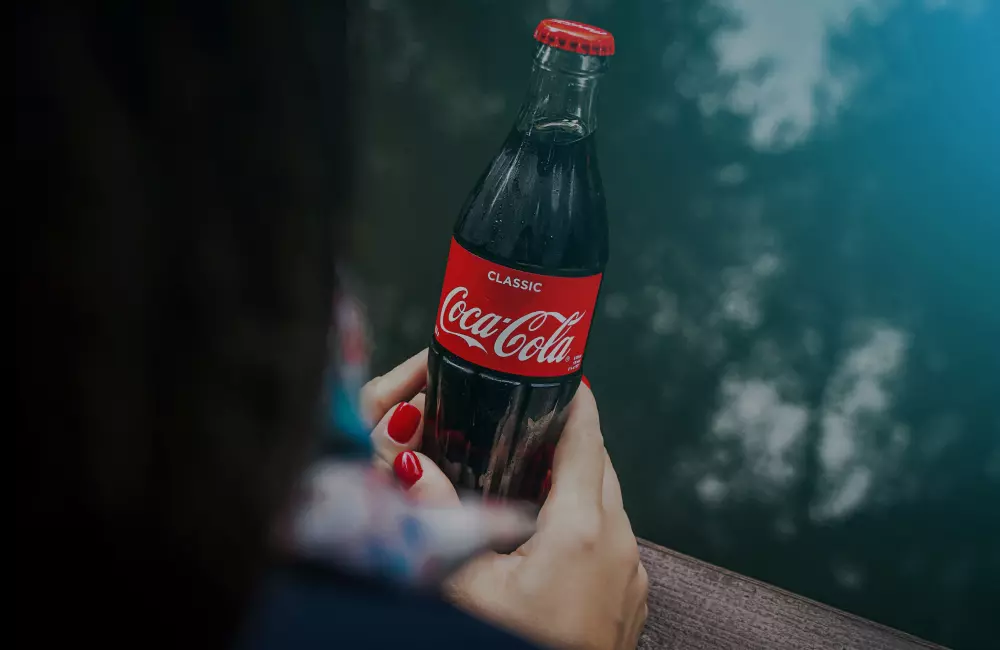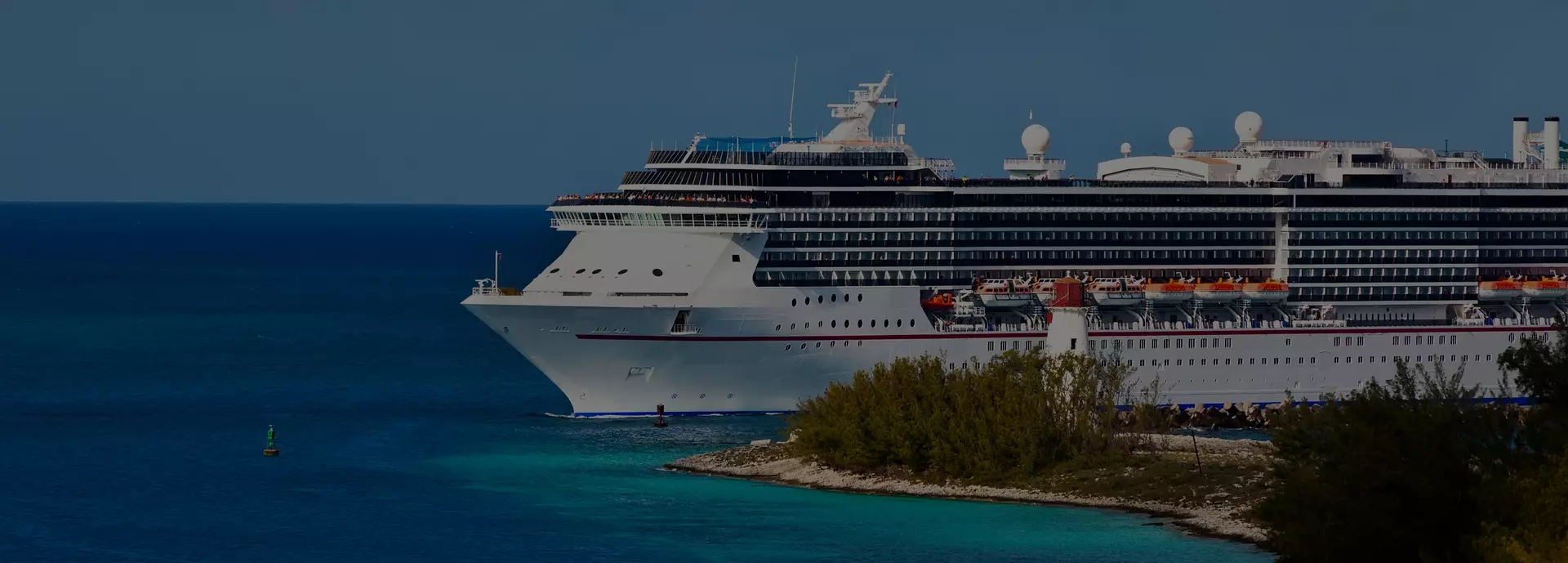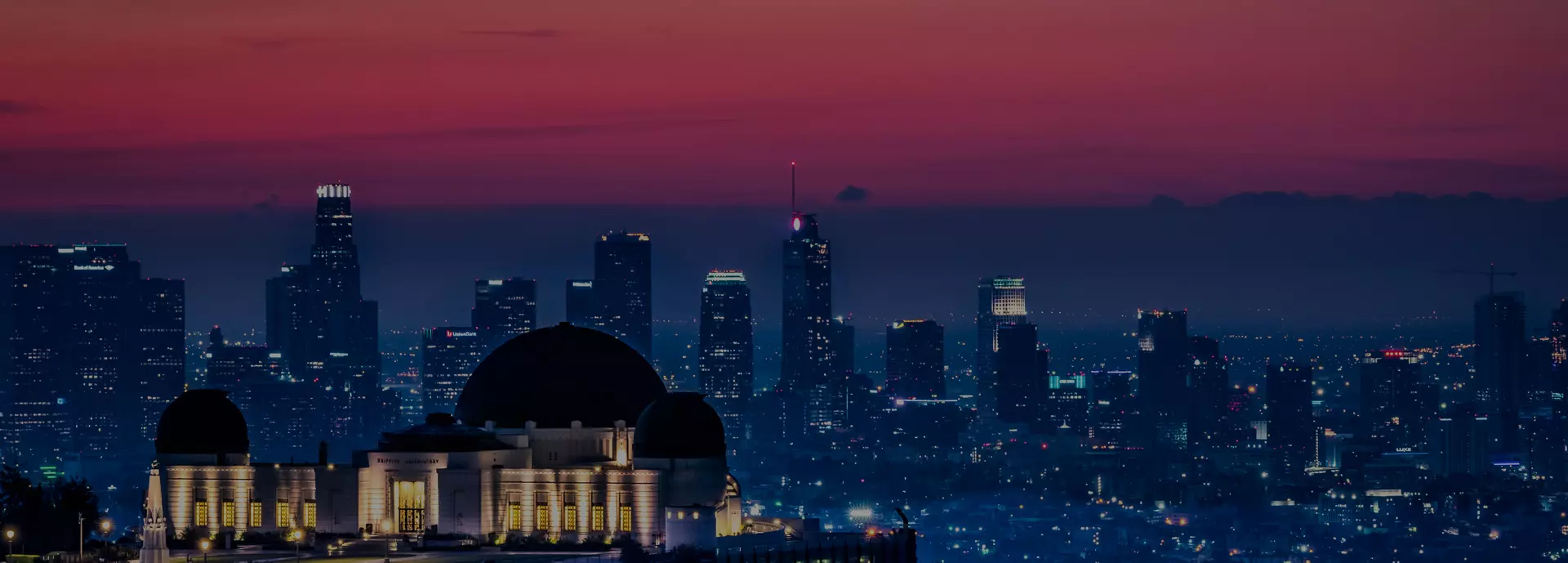At the very end of the 19th century, when Miami had just been granted city status, it was home to only about three hundred people. The town began its development as a small settlement focused on farming, hunting, and fishing. But even then, it was home to people who would go on to change its destiny.
Miami is a vivid example of how its inhabitants define the city. Without the history of these outstanding people, a town in southern Florida would remain a typical “bearish corner”.American Butler
A Brief History of Miami’s Origins
Miami’s history began as the story of a small settlement in South Florida. In the 19th century, settlers lived alongside the remaining members of the Tequesta tribe. Everything changed at the start of the 20th century: between 1900 and 1930, the city’s population increased more than a hundredfold. Miami became the fastest-growing major city in the United States — thanks to its favorable geographic location and the efforts of its proactive citizens.
The People Who Built Miami
The city’s modern landscape is the result of individuals with vision and drive. Among those who laid the foundation for Miami’s growth:
- Julia Tuttle — the woman officially recognized as the "Mother of Miami," who persuaded a railroad to reach the city;
- Henry Flagler — an entrepreneur and railroad magnate who connected Miami to the rest of the state;
- William Brickell — a land trader who owned extensive property in the southern part of the city;
- John Collins — an engineer who built the first bridge to Miami Beach;
- Carl Fisher — one of the key figures in transforming a sandbar into a luxury resort.
Thanks to these visionaries, Miami evolved from an overlooked corner of the state into a vibrant city with global potential.
What About Today?
Today, Miami is a global destination for tourism, business, and leisure — a true embodiment of the American Dream. Its signature image includes white sand beaches, palm-lined streets, luxury cars, and iconic Art Deco buildings.
Miami continues to inspire: Brian De Palma filmed the cult classic “Scarface” here, and GTA: Vice City captured the city’s electric 1980s vibe. That spirit of freedom, glamour, and ambition still lives on — a direct legacy of the pioneers who once believed in the future of this vibrant metropolis.
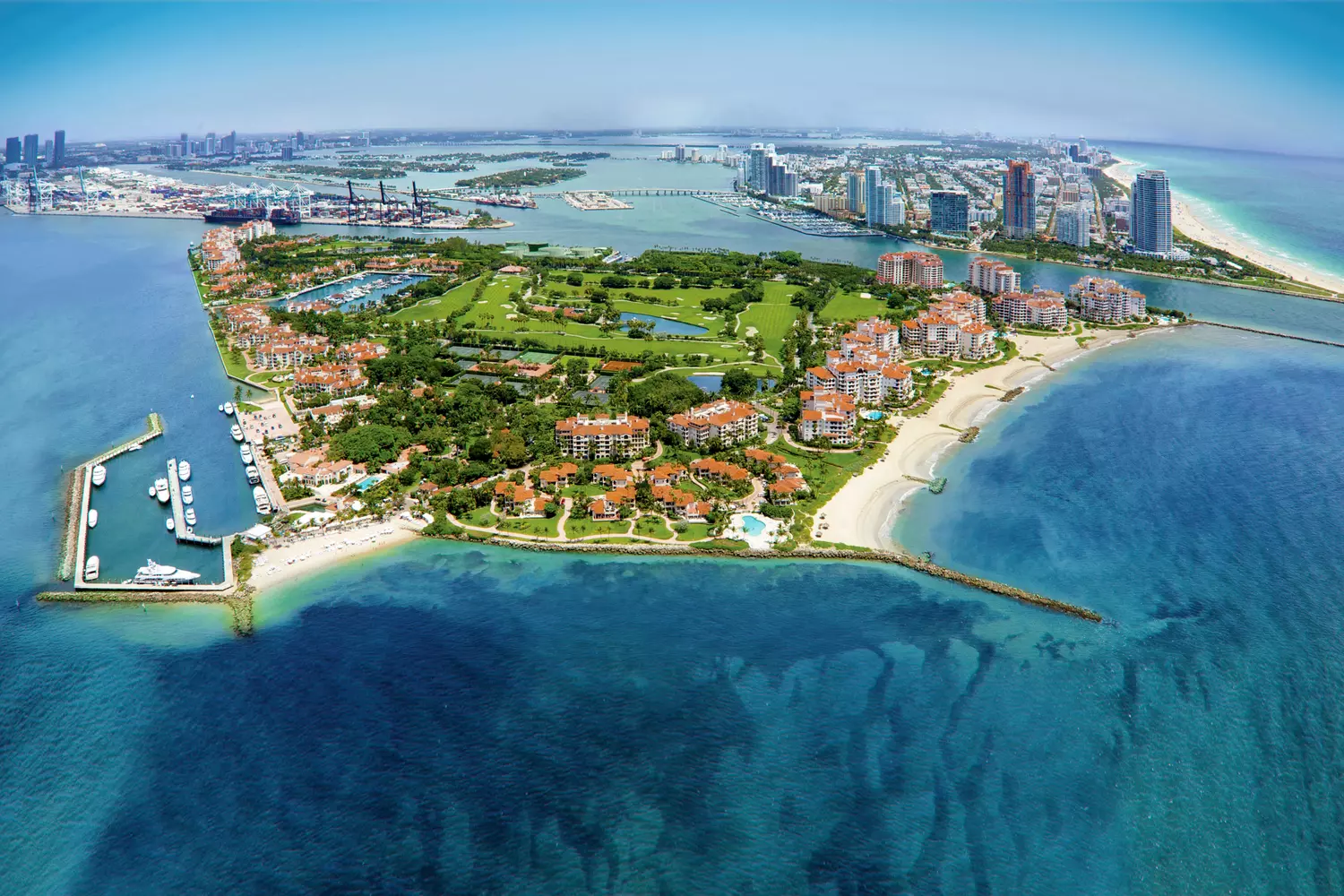
Julia Tuttle: Miami’s Founding Mother
This visionary and determined woman from Ohio is forever remembered as the only female founder of a major U.S. city. After the death of her husband, Julia Tuttle moved to Florida to restore her health and start a new life. On the banks of the Miami River, she established citrus groves and managed several plantations.
Even then, Julia understood that without transportation infrastructure, the region would remain cut off from development. In 1886, she approached industrialist Henry Flagler with a proposal to extend his railway to Miami — but he declined.
The opportunity came nearly a decade later. During the harsh winter of 1894–1895, devastating freezes destroyed most of Florida’s citrus crop — except in Miami, where the subtropical climate spared the trees. Julia seized the moment: she sent Flagler a bouquet of blooming orange blossoms and once again urged him to reconsider the railway. This time, her argument was too compelling to ignore.
Flagler not only agreed to extend the railroad to Miami but also invested in developing the area’s infrastructure, including a hotel near the future train station. This marked the true beginning of the region’s transformation.
The partnership between these two entrepreneurs sparked the birth of modern Miami — a city of sunshine, tourism, and prosperity. Sadly, Julia Tuttle didn’t live to see her dream flourish: she passed away in 1898 at the age of just 49.
It wasn’t until 2010 that Miami finally honored her legacy with a monument — a symbol of gratitude and recognition for the woman who helped shape one of America’s most iconic cities.
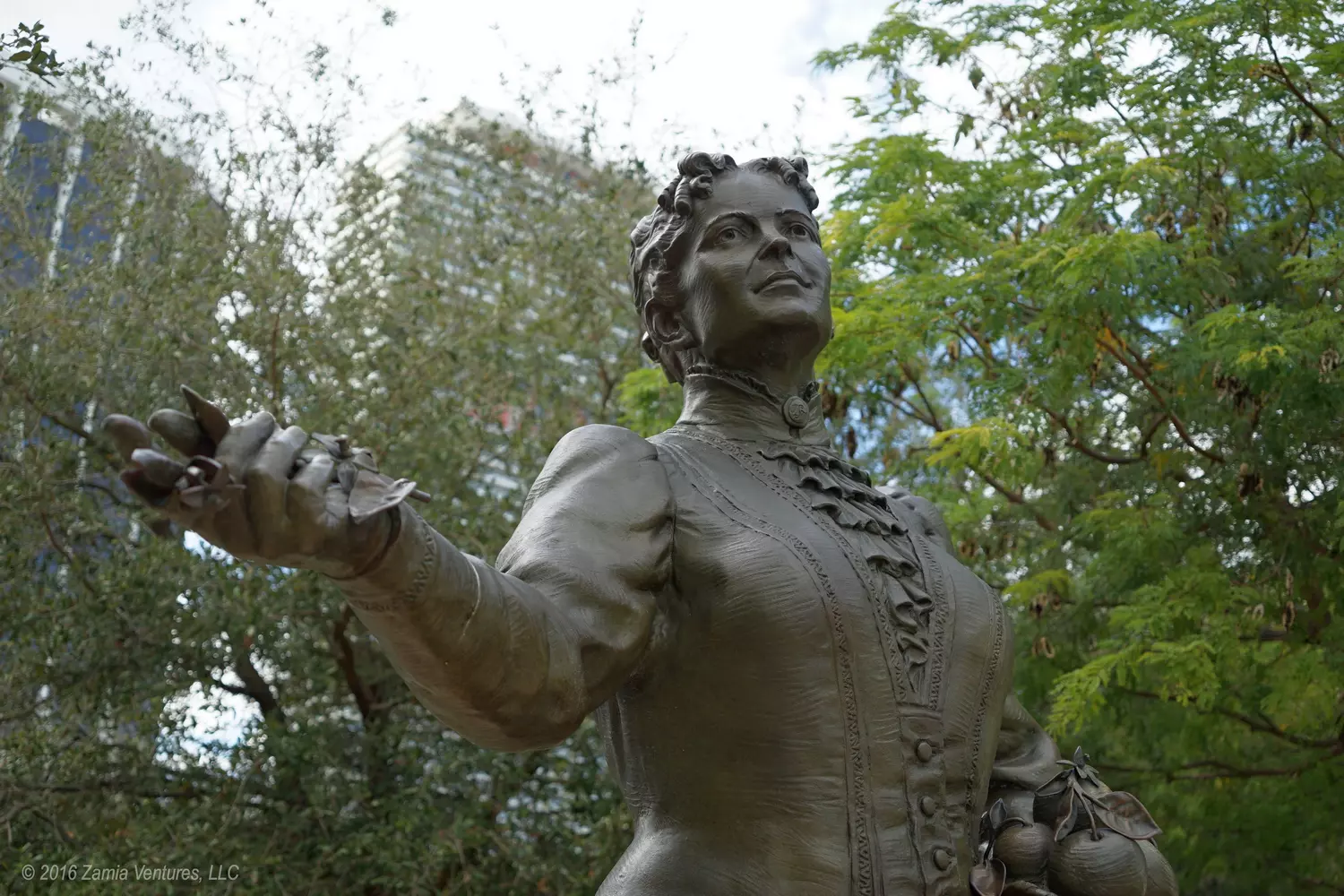
Henry Flagler: Florida’s Founding Father
Henry Morrison Flagler is widely regarded as the founding father of modern Florida. His fortune didn’t come overnight: early in life, Flagler tried to launch a salt mining business, but the venture failed. However, this defeat didn’t stop him. In 1867, he borrowed $100,000 — an enormous sum at the time — and invested in oil.
That’s when he met John D. Rockefeller. Together, they founded Standard Oil, a company that revolutionized the global oil industry and made Rockefeller the world’s first billionaire. Flagler earned the nickname “the oil king”, but his most impactful legacy was yet to come.
In the 1870s, Flagler moved to Florida with his seriously ill wife — doctors had recommended a warmer climate. He quickly fell in love with the region’s nature, climate, and untapped potential. But what he saw disappointed him: poor roads, no tourist infrastructure, and forgotten towns. That’s when Flagler made a decision — he would transform Florida into the American Riviera.
What Flagler Did for Florida:
- Launched the construction of the Florida East Coast Railway, connecting the state from north to south;
- Opened luxury hotels — including the legendary Ponce de León Hotel in St. Augustine and The Breakers in Palm Beach — which became icons of elite tourism;
- Developed a network of resorts that began attracting wealthy visitors from across the country.
Flagler found himself in the right place at the right time — and soon met Julia Tuttle, the woman who convinced him to extend the railroad to Miami. Their partnership marked a turning point in Florida’s development.
Thanks to Flagler’s investments and vision, South Florida evolved from a remote coastline into a booming economic region and one of America’s top tourist destinations.
Henry Flagler passed away in 1913 from complications after a fall down the stairs at his home in Palm Beach. But his legacy lives on — in every train that runs down the coast, in every grand hotel, and in every resort town that bears the mark of his vision.
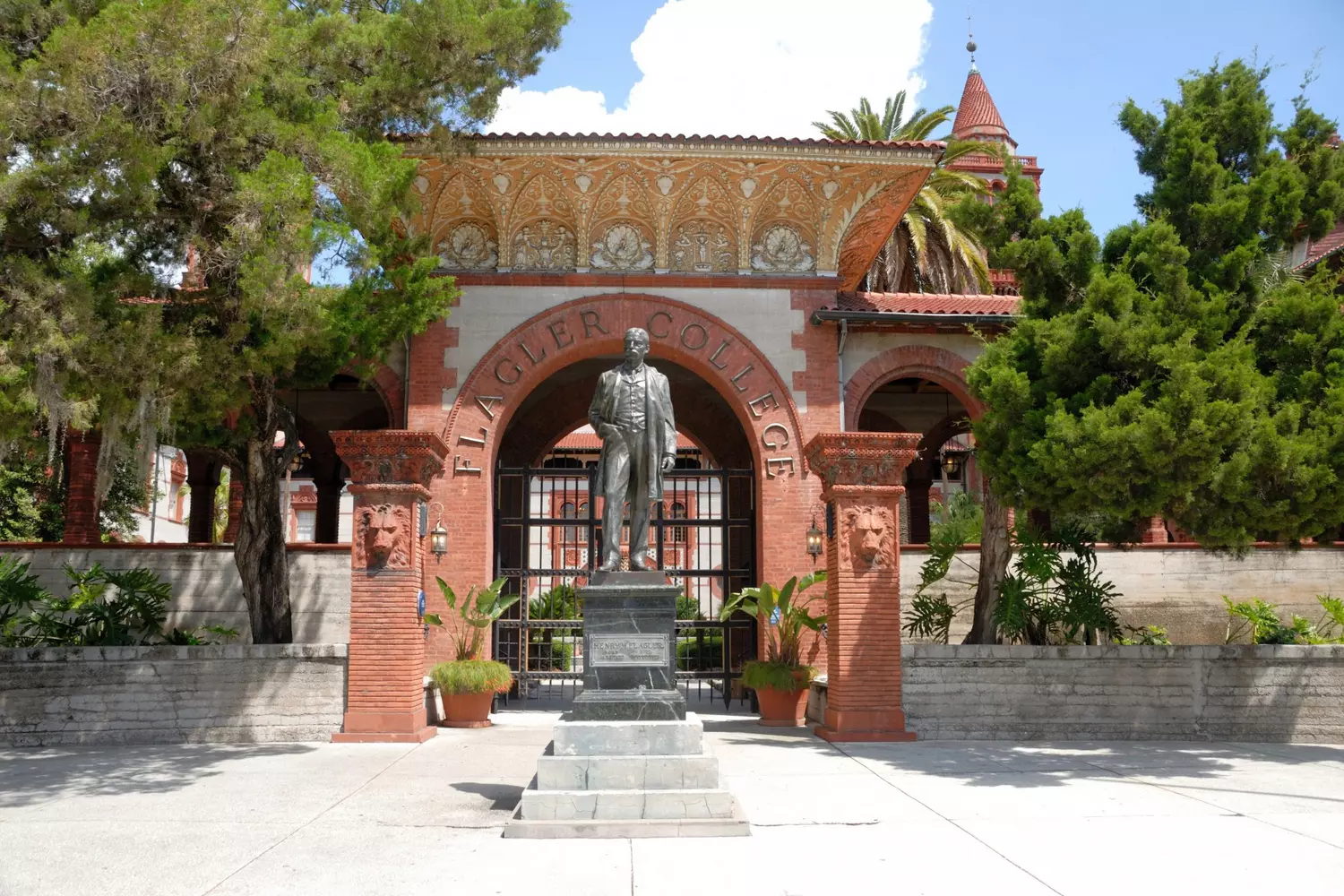
Enterprising William Brickell
William Brickell is considered one of the founding figures of modern Miami. Originally from Ohio, he moved to Florida in 1871 with his family and settled on the southern bank of the Miami River. At the time, the area had little to no infrastructure — which made the Brickell family's contribution especially impactful.
The family opened a small general store and post office, becoming one of the first links connecting the future city to the outside world. Thanks to their efforts, the region regularly received food supplies, construction materials, and household goods — essentials for a settlement just beginning to take shape.
Beyond trade, William Brickell was an active landowner and developer. He held vast tracts of land on the south side of the river — including the area that would become the prestigious neighborhoods of Brickell and Brickell Key.
A key turning point came with his collaboration with railroad tycoon Henry Flagler. Like Julia Tuttle, Brickell offered Flagler part of his land for the construction of a railway, recognizing how vital it would be for the region's future. As a result, the railroad reached Miami in 1896 — opening a new chapter in the city's history.
Today, Brickell’s name lives on in one of Miami’s most advanced and prestigious business districts — a symbol of the city’s urban growth and prosperity.

Farmer John Collins
John Stilman Collins was one of the first visionaries to recognize the potential of Miami’s eastern coast. In the early 20th century, he purchased a vast stretch of mangrove-covered, swampy land for a symbolic sum. It seemed like the land was good for nothing — but Collins was not the type to give up easily.
At first, he intended to grow coconuts and other exotic crops on the land. However, transportation issues and frequent flooding disrupted his plans. That’s when he decided to embark on what was, at the time, an ambitious project — to drain the swamp, fill it with sand, and build embankments to protect the area.
Today, Collins left his name etched into Miami Beach’s main thoroughfare — the iconic Collins Avenue.
Promoter Carl Fisher
Carl Fisher was a prominent entrepreneur from Indiana, known for his marketing skills and bold promotional campaigns. In the 1910s, he partnered with John Collins after recognizing the massive tourism potential of Miami Beach. To accelerate development, he personally financed the completion of the bridge across Biscayne Bay — the Collins Bridge, the first link between the mainland and the island.
Fisher essentially sculpted the image of Miami Beach. He built hotels, resort complexes, golf clubs, and attracted wealthy tourists with catchy slogans like “It’s always June in Miami!” or “Miami in winter is like New York in summer!”. Thanks to Fisher, the resort became a fashionable destination for America’s elite — and eventually for the whole world.
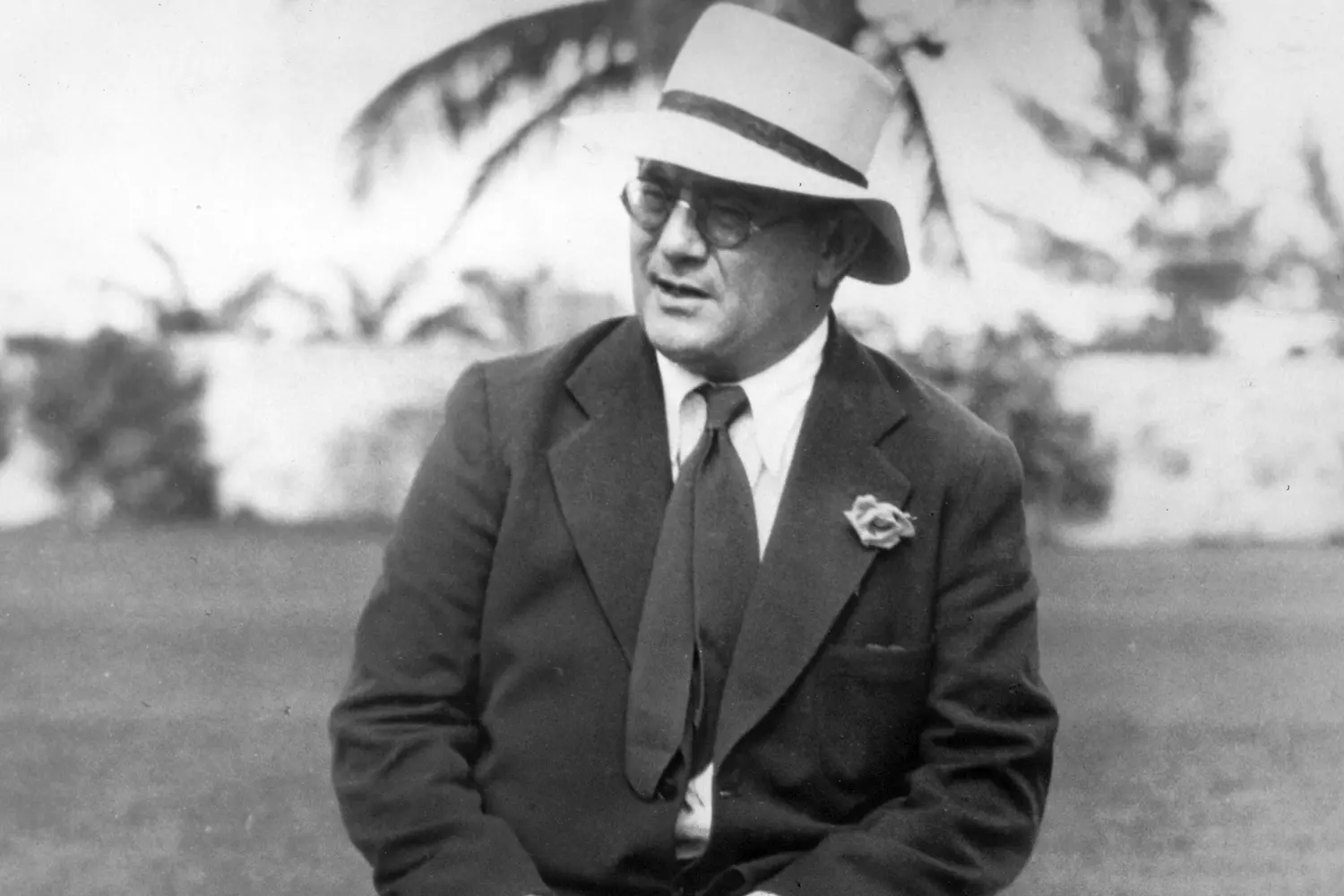
Contact American Butler
American Butler offers luxury-level concierge services for both guests and residents of the city. We help you solve everyday tasks and turn your dreams into reality. No more searching — we’ve got everything ready for you:
- Apartment and house rentals in Miami — from cozy studios to luxury villas;
- Private Miami tours — with professional guides and custom itineraries;
- Personal staff selection — from nannies to private chefs and drivers.
We also assist with finding schools, medical institutions, and solving other important matters — quickly, discreetly, and professionally.
Live your best life in Miami. American Butler is your personal assistant in the USA.
Contact us now via the feedback form or by phone — we’re always here to help and ready to offer you the best.














